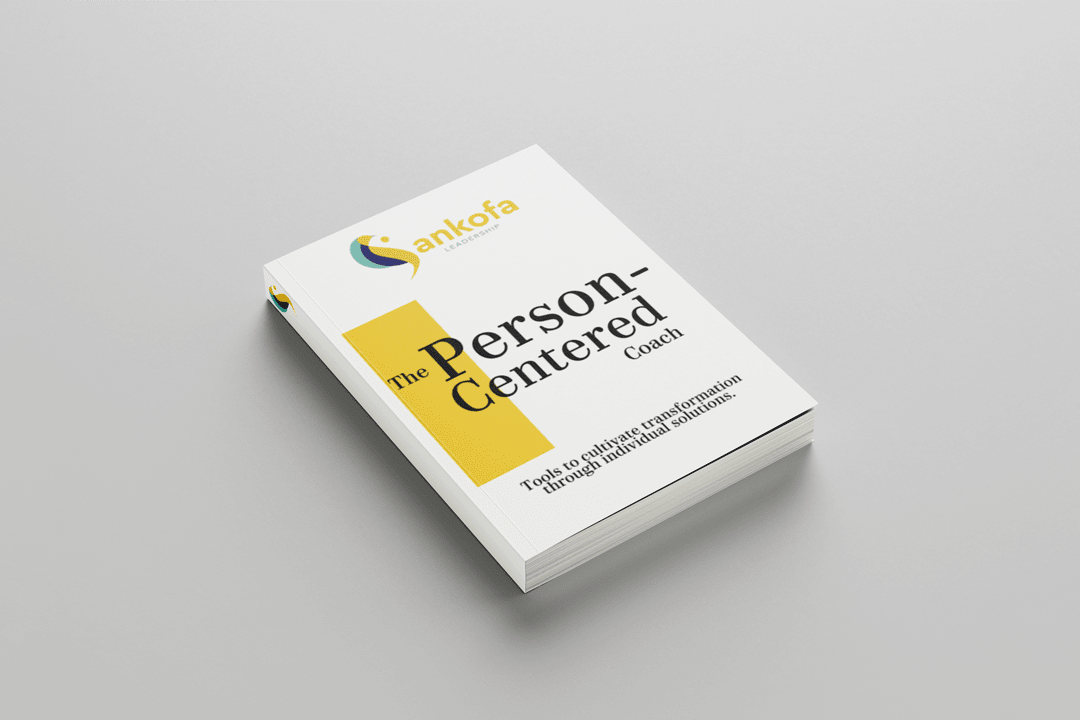Comprehensive Services
We offer comprehensive technical assistance, training, and operational support to human services organizations and public agencies. Our services are designed to strengthen workforce capacity, enhance service delivery, and support the implementation of systems-level solutions at scale.
Our learning experiences are part of a broader technical assistance and implementation strategy. Trainings and coaching engagements are designed to support real-time service delivery challenges, strengthen workforce effectiveness, and reinforce system-wide practice change.
Human Services Technical Assistance & Implementation Support
● Service delivery model design and implementation
● Practice change and workforce alignment
● Implementation coaching for teams and leaders
● Program launch and scale-up support
Workforce Training & Capacity Building
● Frontline, supervisory, and leadership training
● Coaching-informed supervision and practice
● Adult learning-based curriculum design
Systems Coordination & Backbone Support
● Cross-sector collaboration and alignment
● Community of Practice design and facilitation
● Shared accountability and coordination support
Tools, Frameworks & Operational Resources
● Toolkits and workflows for daily practice
● Reflection, quality improvement, and monitoring tools
● Data-informed learning and improvement supports
Person-Centered Drop-In Series

Centered Coaching E-Book
This resource offers a comprehensive guide to enhancing your coaching practice by focusing on a mindset shift that empowers practitioners to better support and guide their clients toward self-determined success.